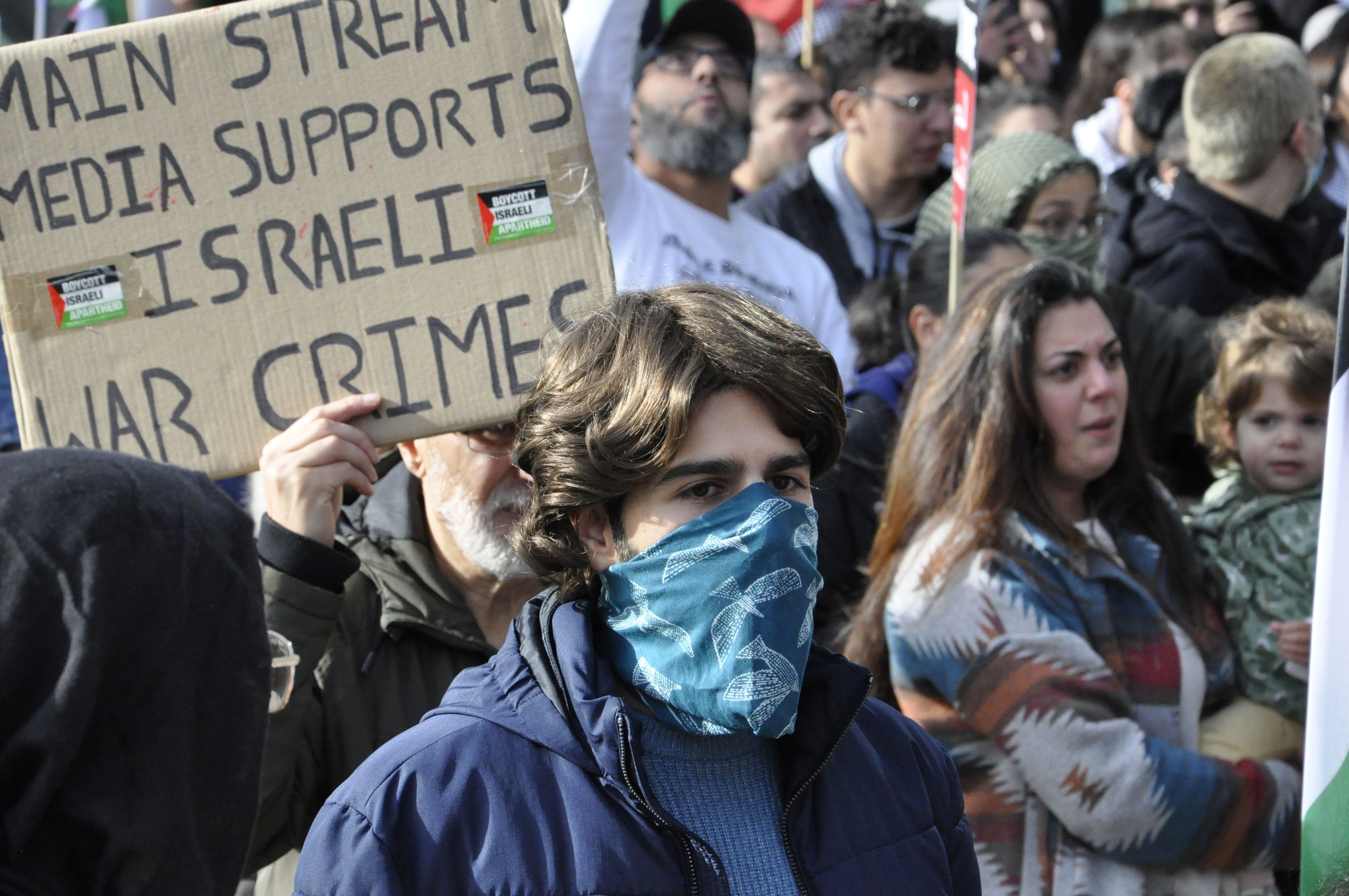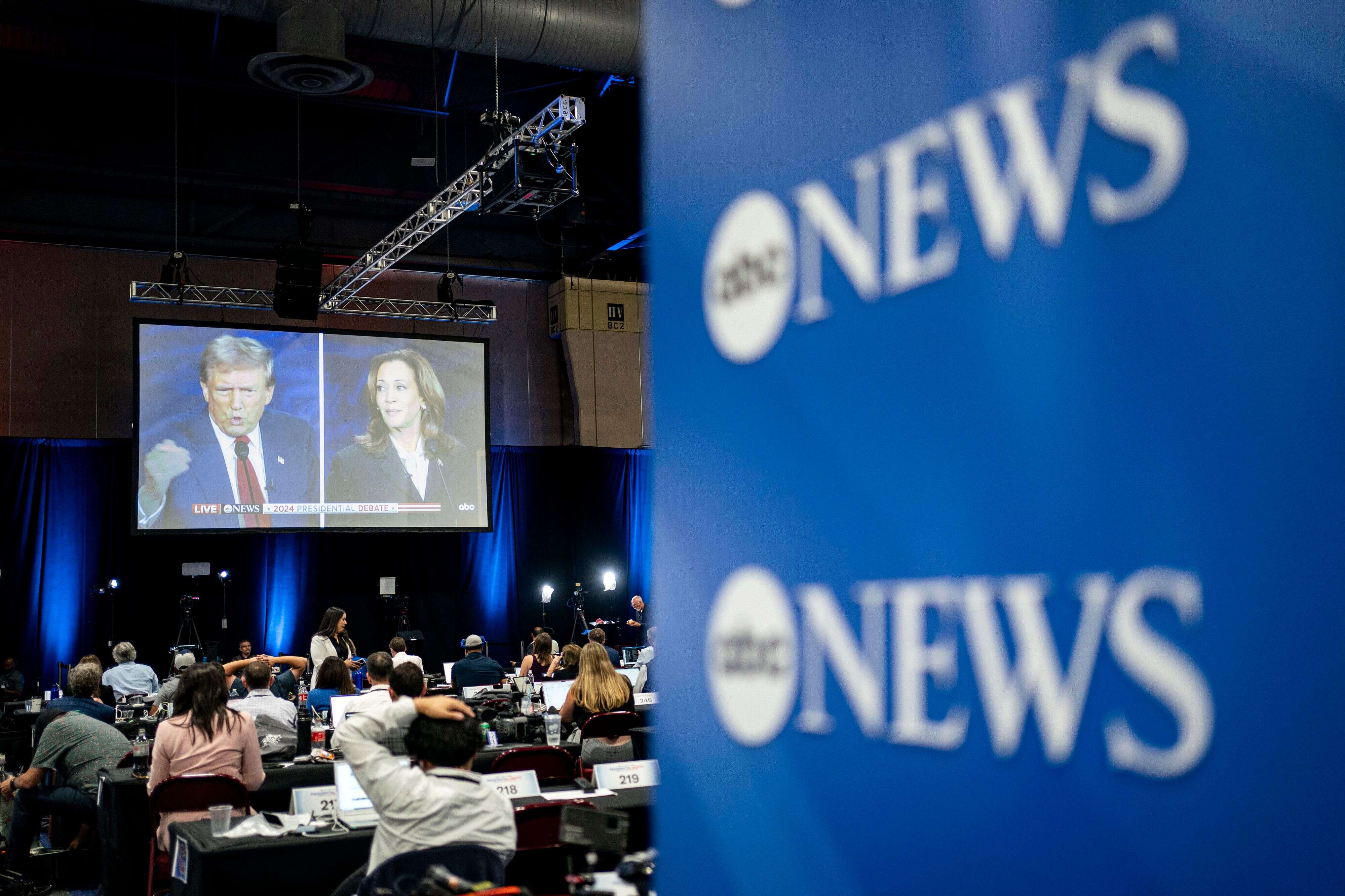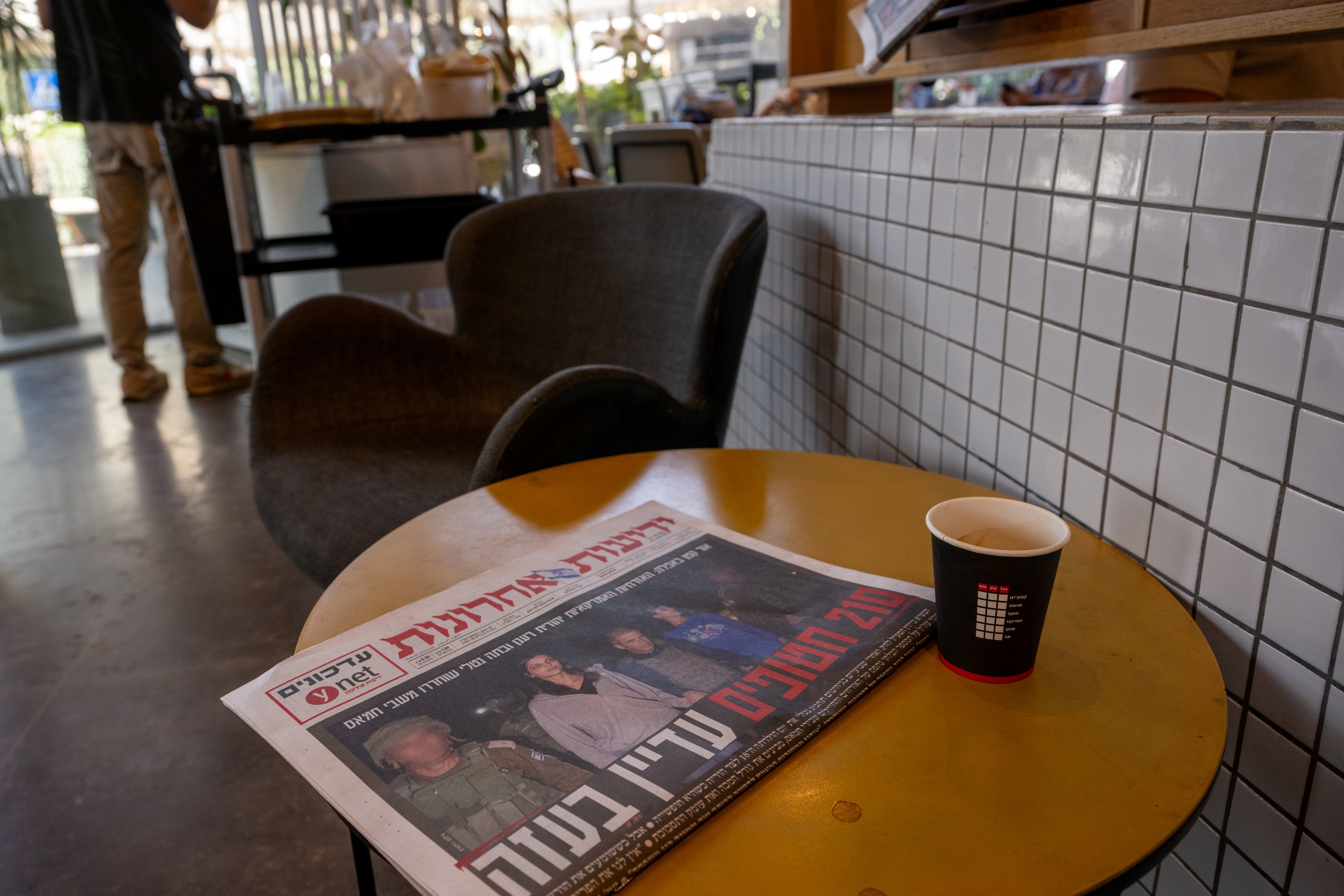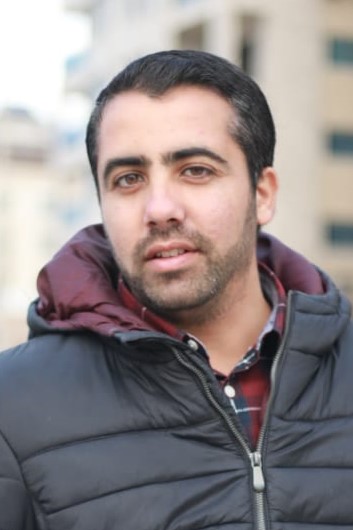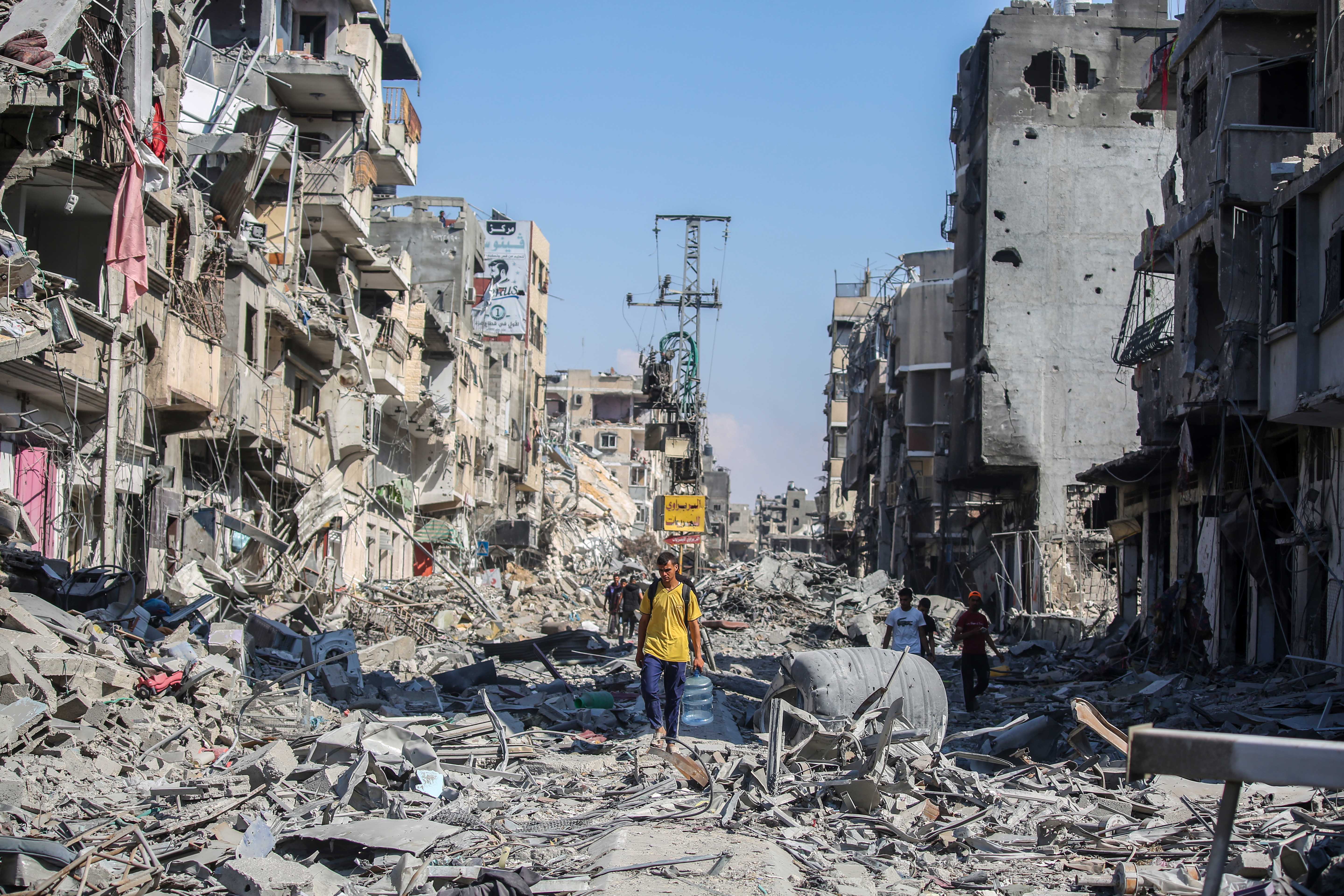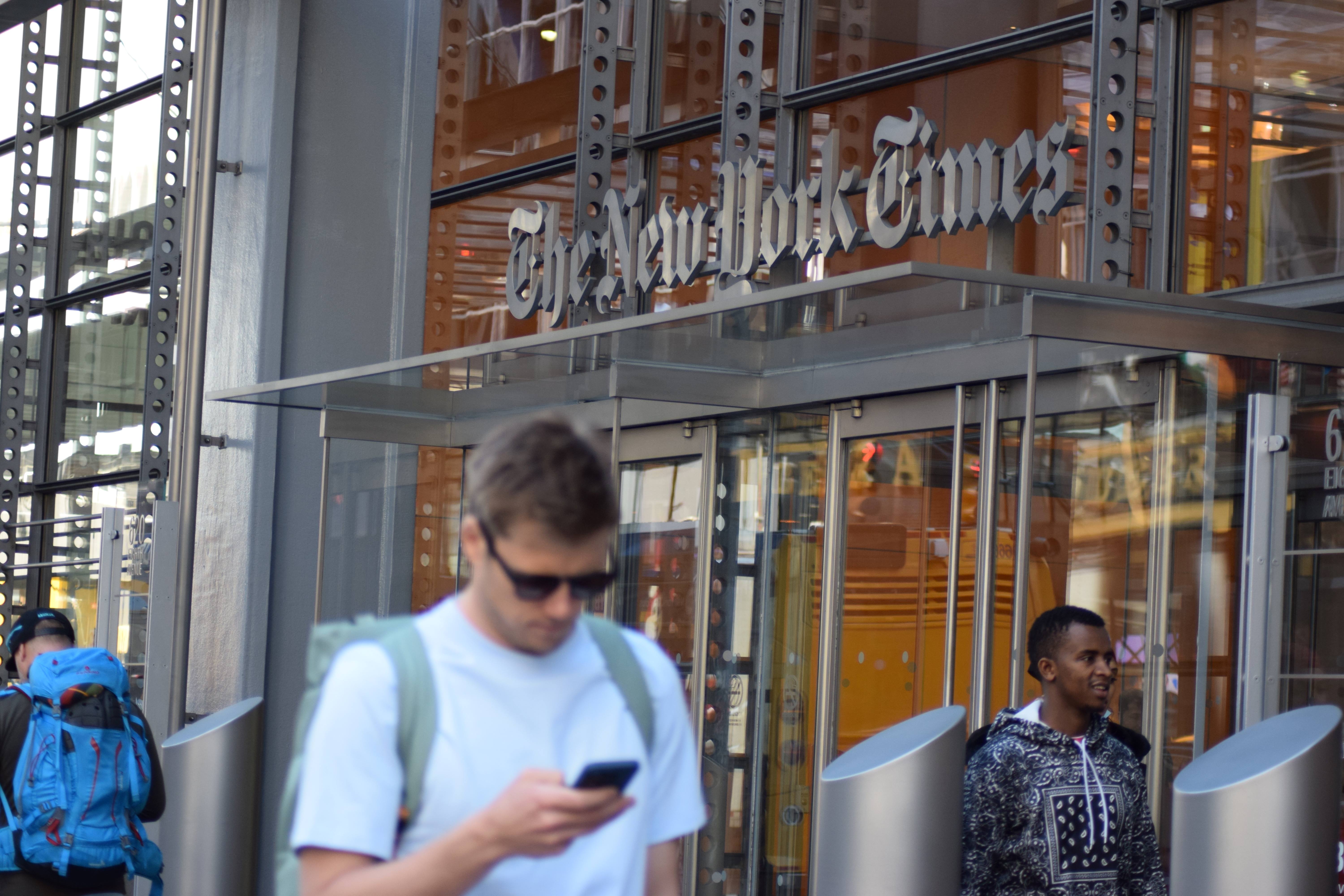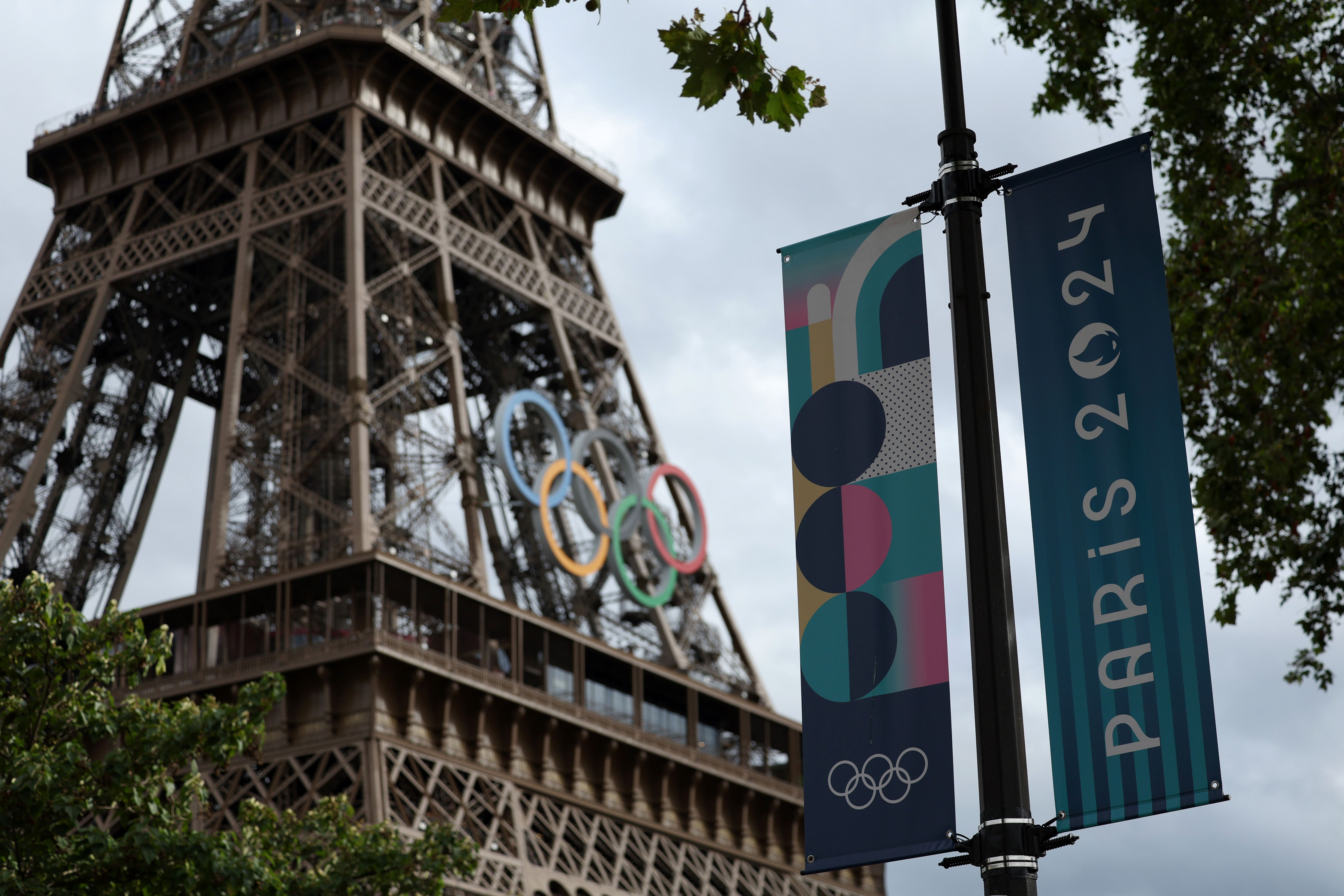Media outlets not directly affiliated with the state are not allowed to produce ‘news’ in Vietnam - but the loose definition of ‘news’ means many fall foul of the rules
Andrea, a young journalist based in Ho Chi Minh city, had been thinking about quitting Zingnews, a well-known Vietnamese online news organisation, for quite some time. They were not happy with the environment, citing heavy censorship and self-censorship on a regular basis.
“I have never been free in my position", says Andrea, who asked to use an English name as well as to be referred to as “they” to avoid any risk of reprisals. In Vietnam, it is dangerous to speak to foreign media without permission - and an act that will likely result in your being interrogated by the local authorities if you are identified.
“I am now more motivated to quit journalism,” says Andrea.
In July, the news outlet Andrea was working for was suspended for three months and given a fine of VND 243.5 million ($10,300) following an “inspection” by the Ministry of Information and Communications.
But the temporary suspension of Zingnews, one of the most widely read online news outlets in Vietnam, came as a puzzling development in the country's highly controlled media landscape.
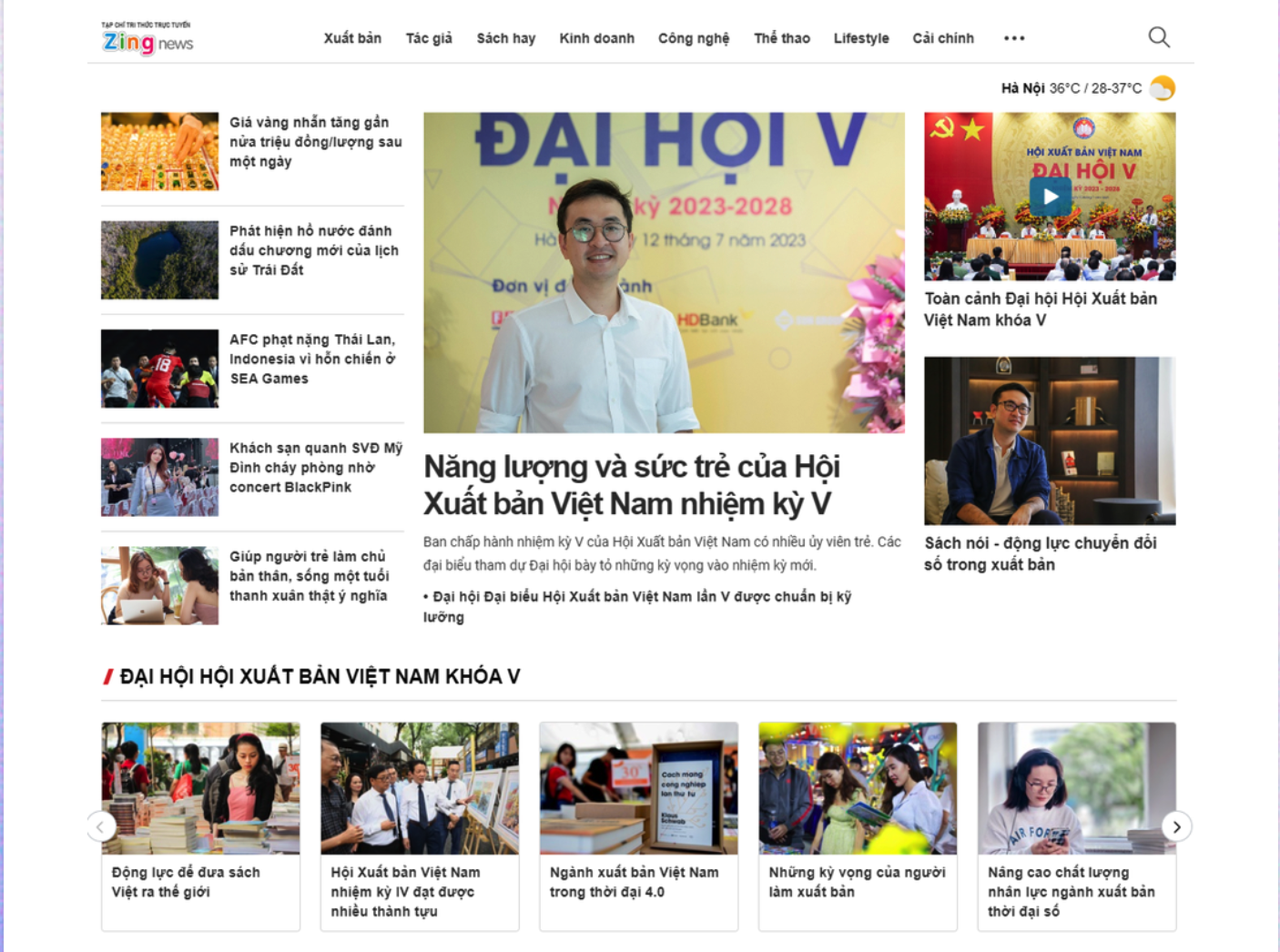
Unlike other major news organisations that have previously faced penalties for explicitly or implicitly exposing wrongdoings of Communist party members , discussing politically sensitive issues, or adopting a bold tone towards policy makers, Zingnews primarily focused on non-political, youth-related content.
Of course, in the country where the Party leads the state and guards the media, Zingnews has refrained from pushing back on the matter, merely posting a neutral statement on its website informing readers that it will be closed for three months.
In Vietnam, no independent judicial agency could challenge the Communist Party’s (CPV's) decision as it is the leading force in every facet of life, according to the Constitution. The Labor Union of Vietnam is affiliated with the state. The Vietnamese Association of Journalists is managed by the Party and not meant to actually protect journalists.
Phạm Chí Dũng, one of the co-founders of the Independent Journalists Association of Vietnam, was arrested in 2019 and sentenced to a 15-year prison term in 2021 for "making, storing, and spreading information, documents and items for the purpose of opposing the State of the Socialist Republic of Vietnam". His website, which operates independently, faces censorship within Vietnam and is now labelled by the government as “illegal”.
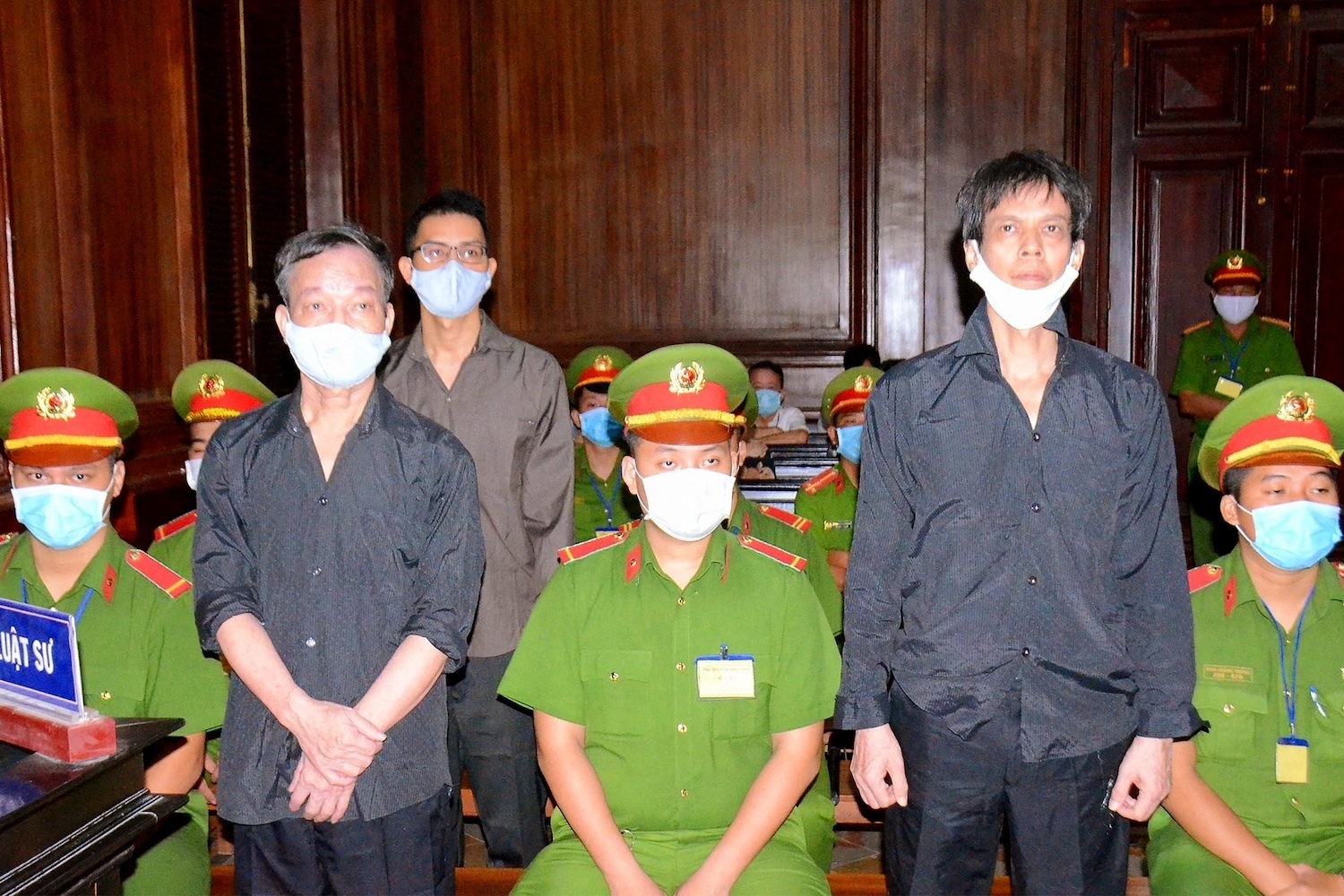
Only the state can produce news
According to the authorities, Zingnews had ventured into topics beyond the scope of its licence. In a nutshell, the popular online news magazine was penalised for overstepping its remit and producing actual news.
The Ministry of Information and Communications did not respond to requests for comments on details on the investigation.
Zingnews has consistently toed the Party line by avoiding politically controversial issues. It was directed to switch to a magazine format in 2020, with content aimed at young, tech-savvy readers. “While the office based in Ho Chi Minh is bigger than that in Hanoi, decisions are still made by the editorial board of the Hanoi office”, says Andrea.
In a statement posted to its website, Zingnews says it will take the three months as time to reflect on its shortcomings and strategies to move forward. “In the next three months, Zing News, an online magazine, will focus on addressing and rectifying existing issues in order to strictly implement the Prime Minister's Decision No. 362/QD-TTg dated April 3, 2019, regarding the approval of the National Development and Management Plan for the press until 2025.
“In the meantime, the magazine will continue to innovate its content and format, ensuring the faithful implementation of the principles and objectives specified in its licence, as well as fulfilling the functions and responsibilities of a magazine under the Vietnam Publishers Association. It aims to showcase its distinctiveness as a source of credible information and impressive visuals to better serve its readers upon its return,” the statement reads.

In July 2022, the Ministry of Information and Communications issued a Decision highlighting criteria for identifying "news-ized" magazines, "commercialised" comprehensive electronic information websites, "news-ized" social media, and the manifestation of "privatisation" in the press.
The decision aims to underline that only state media is authorised to produce news. The Ministry even explained in the Decision: “Recently there has been a trend where many magazine agencies tend to operate and publish news in a way that creates misunderstandings as if they were newspapers”.
‘Journalists are de facto civil servants’
Vietnam is one of the toughest countries on earth to be a journalist. It ranks at 178 out of 180 surveyed countries in the 2023 Press Freedom Index produced by Reporters Without Borders (RSF) - ahead of only North Korea and China.
State-sponsored media outlets in Vietnam have rejected this ranking. “The 2023 press freedom ranking by RSF is considered subjective and does not accurately reflect the situation of press freedom and freedom of speech in Vietnam”, said one piece recently.
Mai, a journalist in Vietnam who did not wish to give her full name, works for a state-affiliated magazine. She said that the closure of Zingnews has put journalists like her on edge. “Journalists are de facto civil servants,” says Mai, who received her government-endorsed press pass after three consecutive years working for the same magazine.
Operating in an environment where the Party holds a monopoly over the media, Zingnews had affiliations with the state and fell under the purview of The Association of Publishing Houses, remaining compliant with the established regulations.
At the same time, Zing is also owned by a private company. By law, it is not authorised to be a news outlet, which must be affiliated with a state agency. Therefore, it is registered as an “online magazine”. Zingnews has won several international awards, including two gold medals at the Asian Digital Media Awards 2022, held by the World Association of Newspapers.
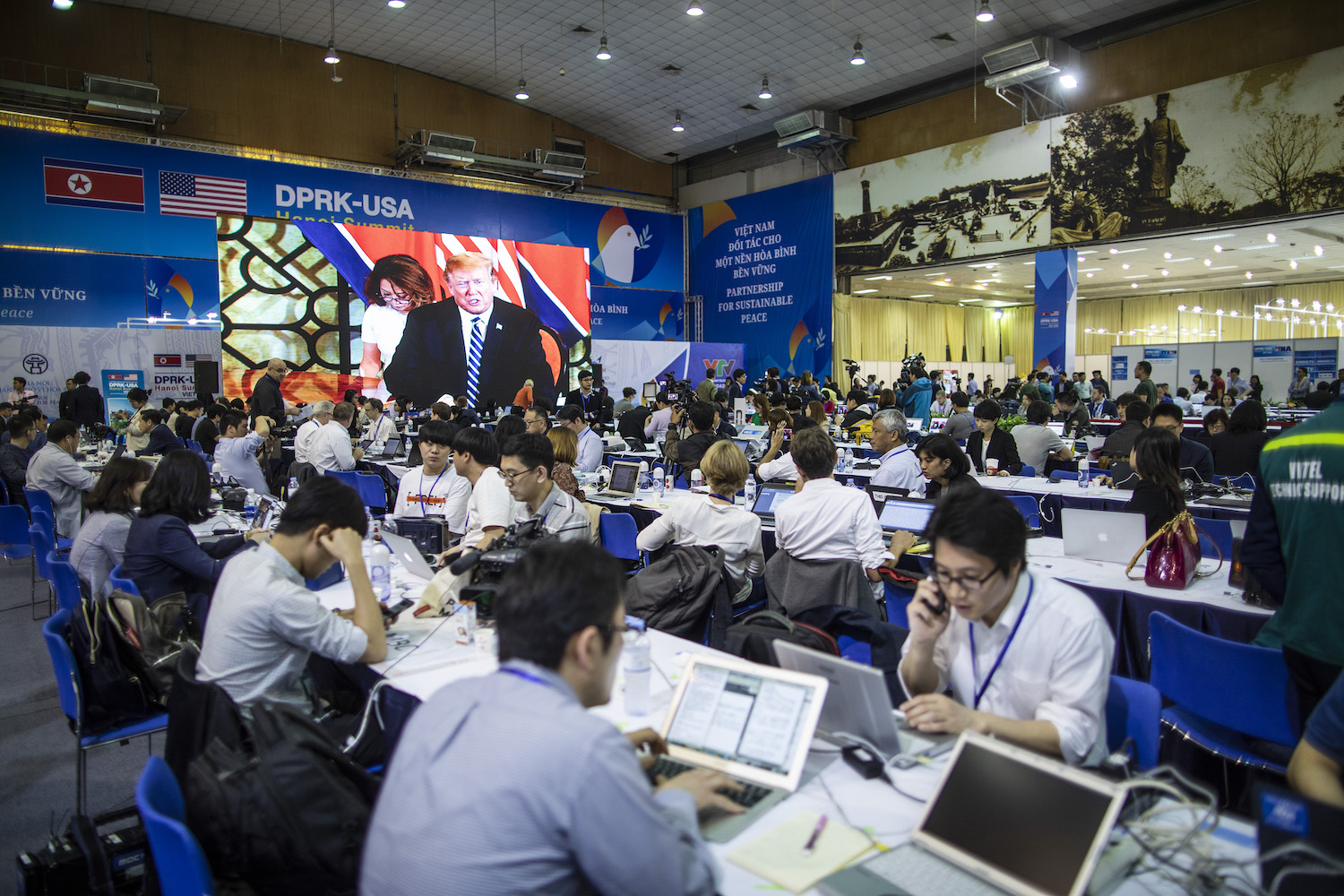
Falling foul of the government’s definition of “news outlet” can be an easy mistake to make, however.
Decree No. 72/2013/ND-CP dated July 15, 2013 by the Government on the management, provision and use of Internet services and information on the network, as well as the legal documents, have defined the functions of newspapers, magazines, comprehensive electronic news websites and social networks.
“Some comprehensive electronic information websites present themselves in a format that includes citations and even send staff to report, self-producing articles that give the impression of being online newspapers,” it states. When this happens, the government takes action.
In 2016, for example, more than 150 media houses were fined for “misguided reporting” by the Ministry of Information and Communication, the biggest number ever recorded.
Criticism of this sort of action by foreign news outlets, such as the BBC and VOA, are described by the government as “ridden with slander, fabrication, and finger pointing to attack the Vietnamese government”.
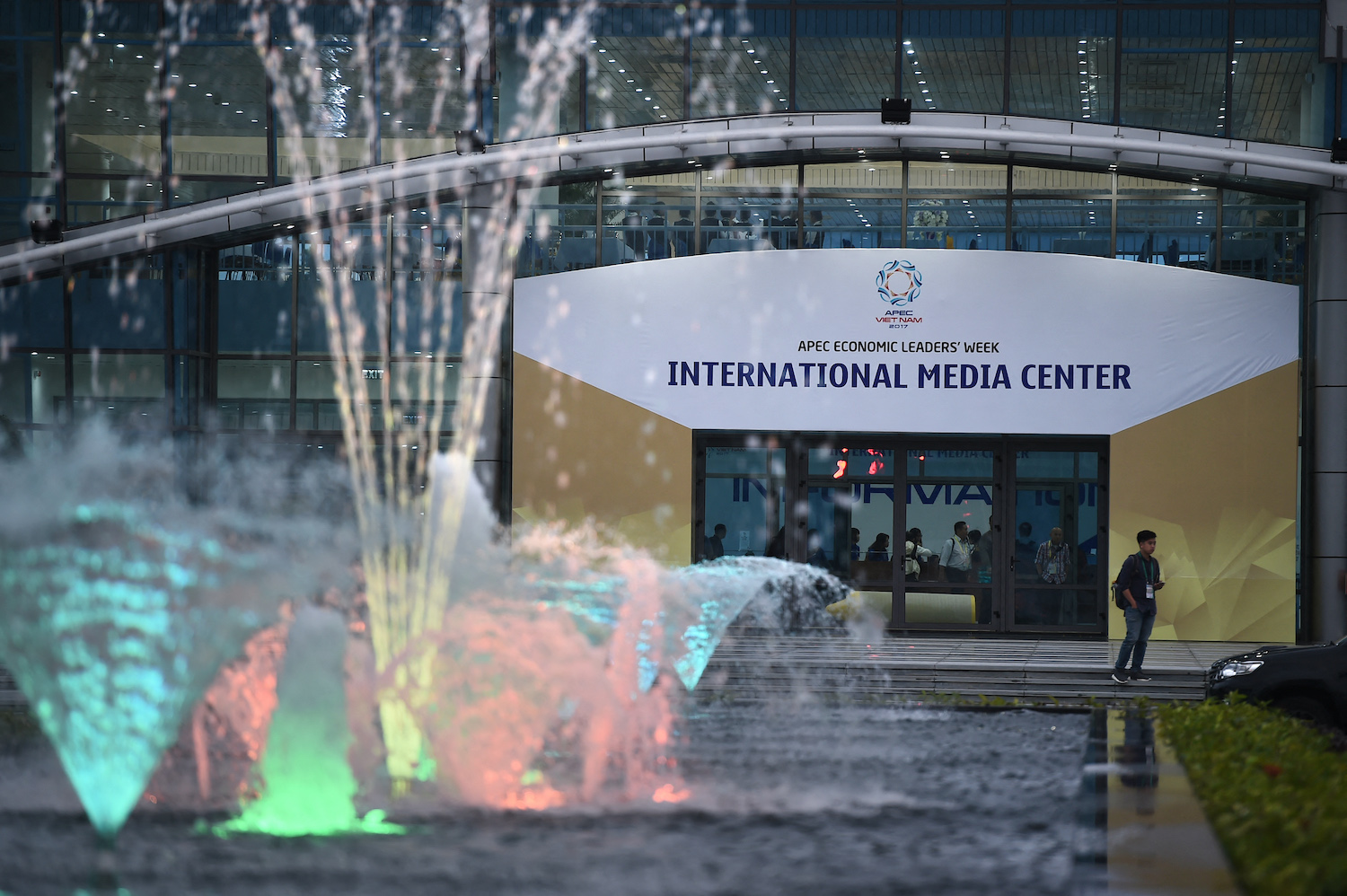
Putting journalistic practices ‘in order’
Those familiar with conditions for journalists in Vietnam are unsurprised by this latest move to reign in reporting by Zingnews.
Dr Khắc-Giang Nguyễn, a former journalist in Vietnam and currently visiting researcher at the Vietnam Studies Programme of the ISEAS - Yusof Ishak Institute in Singapore, cites two primary regulators in Vietnam - the Propaganda Commission and the Ministry of Information and Communications - which are overseen by two former military generals.
“The suspension of Zing, along with other severe penalties for reporters accused of violating state-imposed journalism regulations, demonstrates the state's efforts to tighten control over Vietnam's media landscape. These actions underscore conservative viewpoints that journalistic practices - especially in online media - have grown too ‘chaotic’ over the past decade and need to be put into order”.
Associate Professor of Information and communication sciences Thanh Phượng Nguyen-Pochan at The Catholic University of the West, France, explains that censorship is still very strong and that Zingnews belongs to the powerful private corporation VNG that owns several Internet-based media and social networks (Zalo for example).
“The CPV is wary of ‘news-isation’ of websites and emerging media outlets, especially those owned by powerful private groups. Perhaps because it continues to produce news in the ‘general information’ format and not the ‘magazine’ one sanctioned.”
Andrea is not hopeful that the suspension of Zingnews will come to an end. “We really have little idea of where to go next."
The impact of this move has been hard felt elsewhere - in fact, self-censorship by independent media has been increasing following this incident, particularly as it is so hard to define what the government will deem as being “news: “It has a lot of rules, but also no rules at all,” says Mai.















